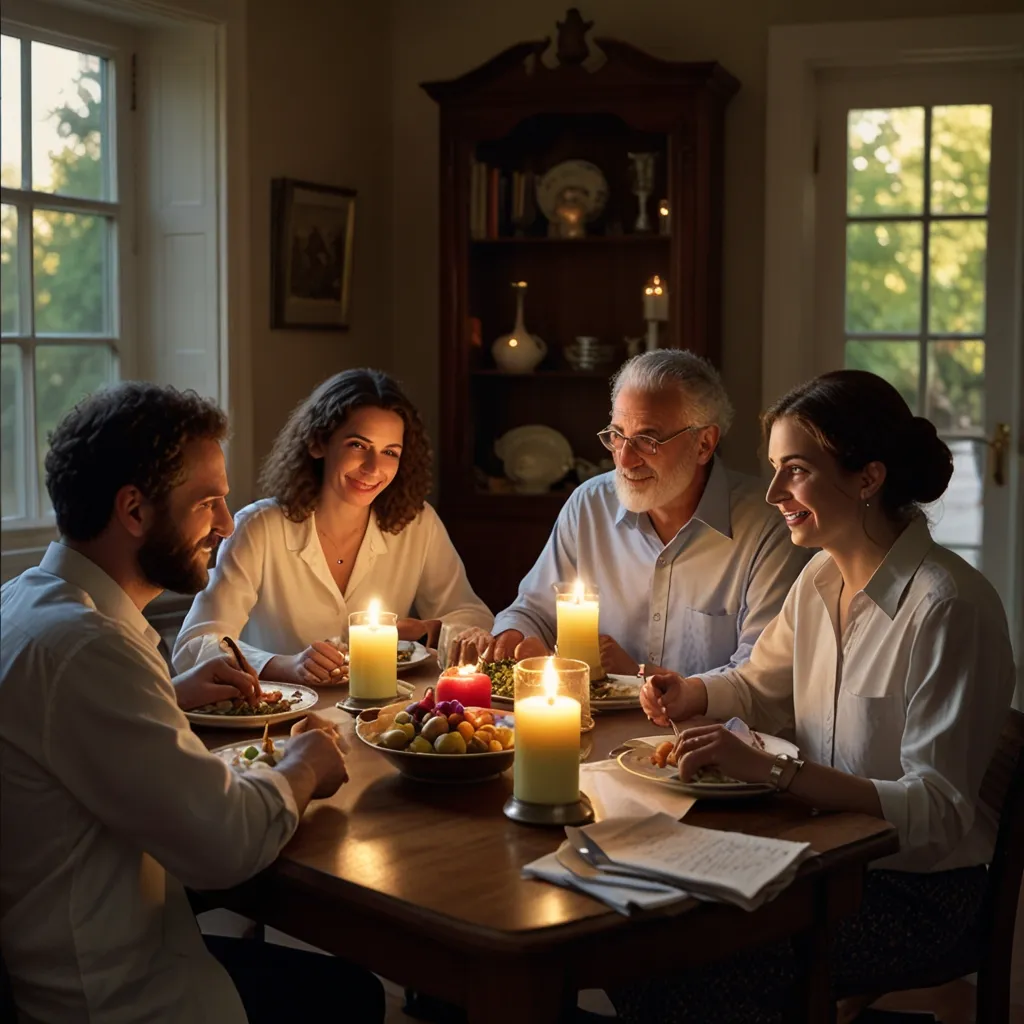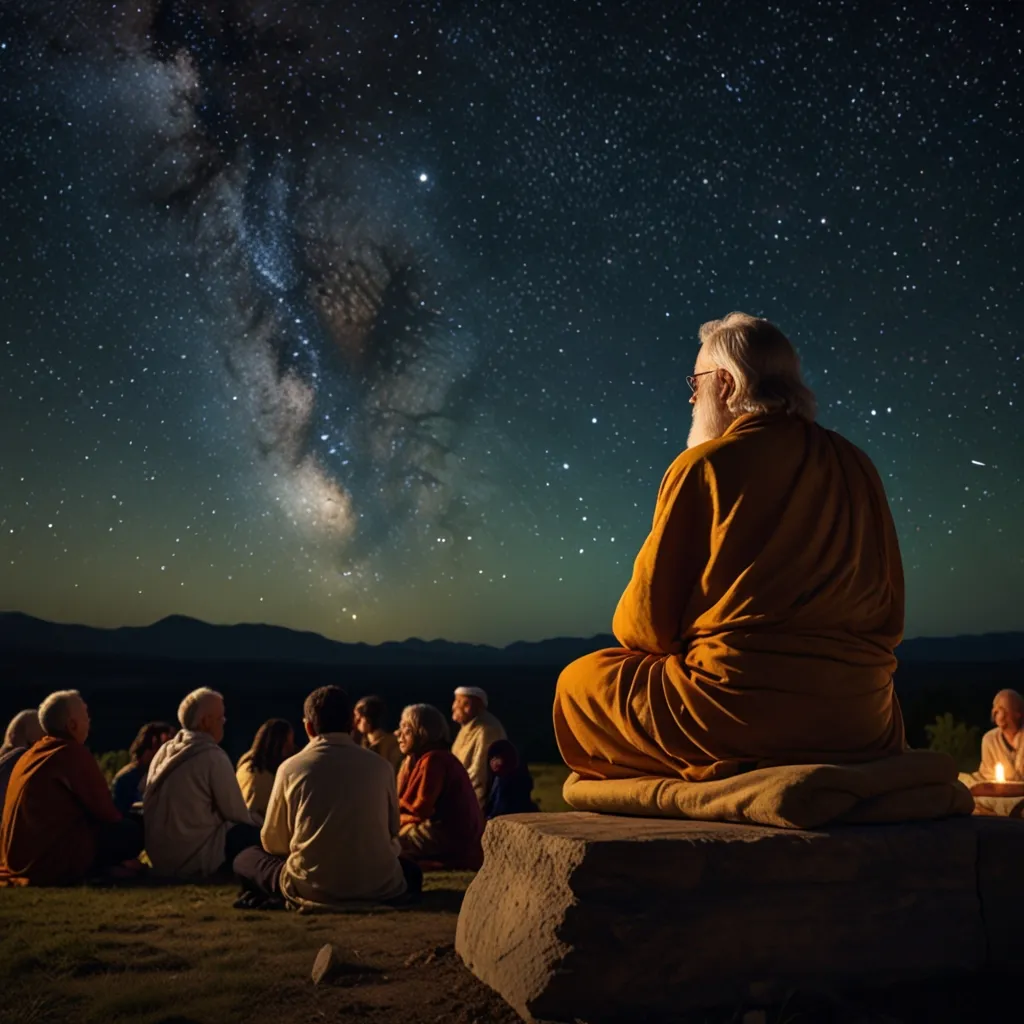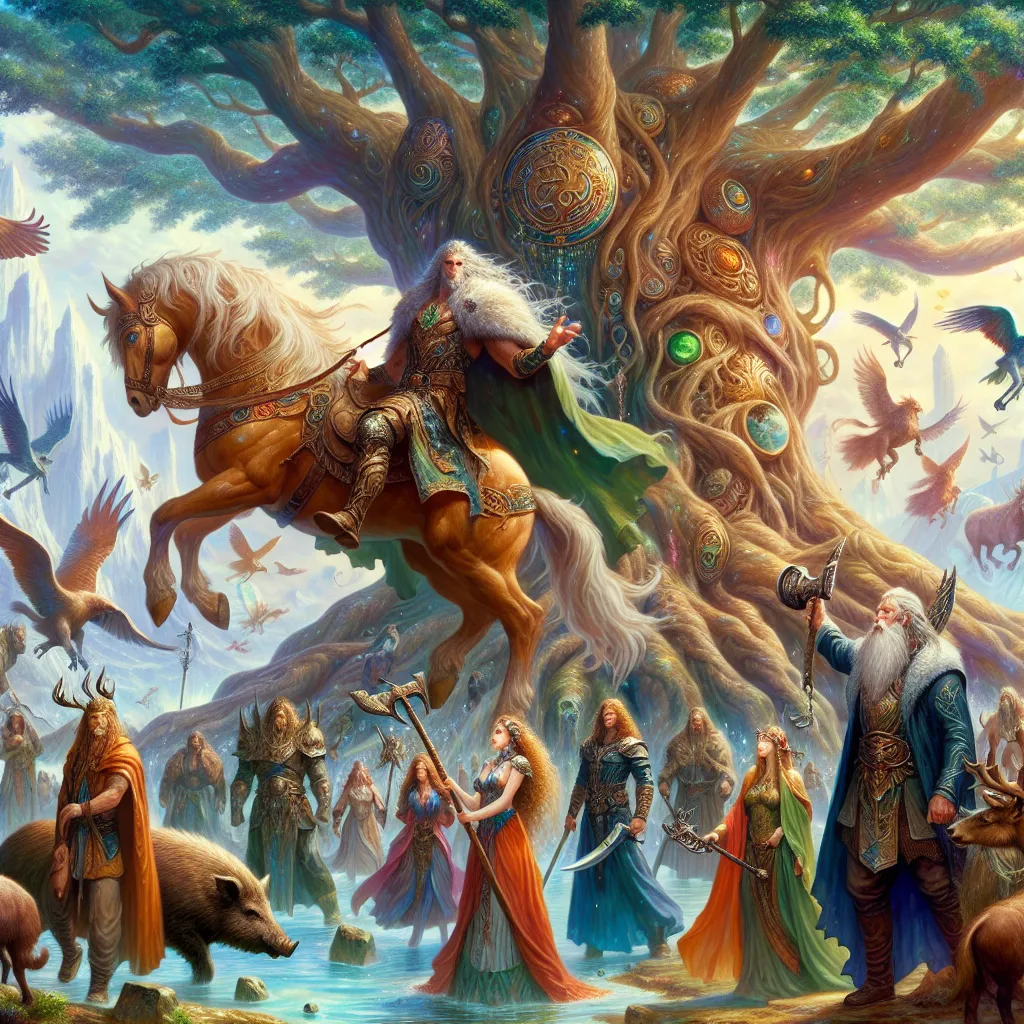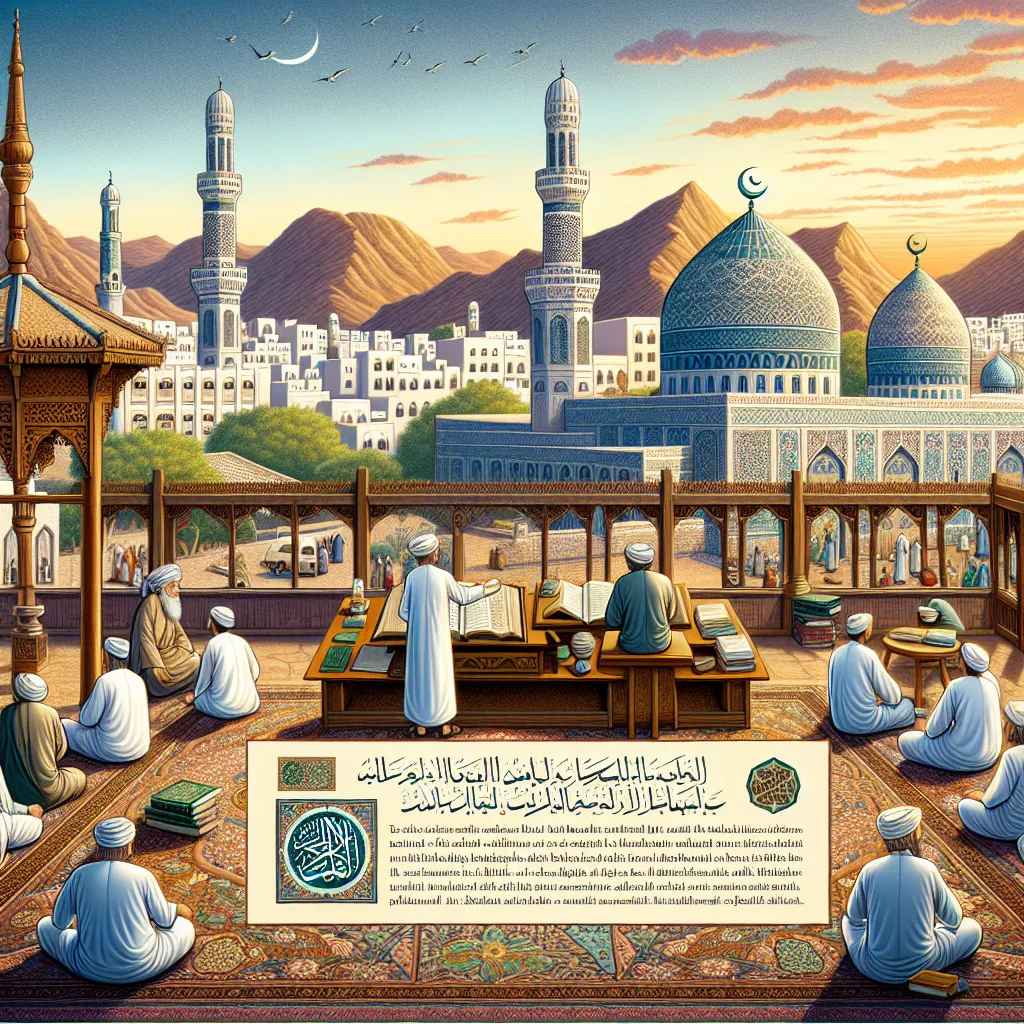The Jewish Sabbath, known as Shabbat, is all about hitting pause and soaking in a good mix of rest and celebration. It’s been a cornerstone of Jewish life for thousands of years, starting from Friday at sunset until the next evening after nightfall. This special day is a perfect moment for Jews to connect with their faith, family, and community. It’s also a time to think about the creation of the world and the sacred bond with God.
Shabbat’s roots run deep, all the way back to the biblical story in Genesis. The tale goes that God created the world in six days and took a break on the seventh. This seventh day got a holy stamp from God as a universal day of rest. Shabbat even made it to the Ten Commandments, underscoring its massive importance in Jewish tradition.
To mark Shabbat, Jews follow various rituals that make the day feel special. Things kick off with the lady of the house lighting Shabbat candles just before sunset on Friday. Then comes a special meal called the Shabbat dinner. Before digging in, there’s a blessing over wine, called Kiddush, that sets the day apart. There’s a strict no-work rule during Shabbat—no baking, cooking, traveling, kindling fire, or transacting business—keeping everyone focused on rest and spiritual recharge.
But it’s not all about doing nothing. Shabbat is brimming with positive activities. From reading and studying the Torah to attending synagogue services, it’s packed with enriching stuff. Spending time with loved ones and practicing hospitality also take center stage. Songs called Zemiroth or Niggunim often fill the air during meals, adding an extra layer of joy and spirituality.
Historically, Shabbat has been a big deal in Jewish life, acting as a glue that binds the community together. It’s been a touchstone in times of both peace and strife. During the Maccabean period, Jews were so dedicated to Shabbat that they initially refused to fight back against attacks on this day. Later, they figured out that self-defense was a must, and the Talmud allowed fighting on Shabbat to save lives.
Nowadays, how Shabbat is observed differs among Jewish groups. Orthodox Jews stick closely to traditional practices, while Conservative and Reform Jews might take a more relaxed approach. Some Reform congregations even hold services on Sunday instead of Saturday. Despite these differences, the main vibes of Shabbat—rest, reflection, and spiritual refreshment—stay the same.
There are also special Shabbats peppered throughout the Jewish religious year, leading up to significant holidays. These include Shabbat HaGadol before Passover, Shabbat Zachor before Purim, and Shabbat Shuvah between Rosh Hashanah and Yom Kippur. Each of these special days comes with its unique readings and traditions, adding depth and flavor to Shabbat.
In essence, the Jewish Sabbath is a rich and layered tradition that’s been central to Jewish life for ages. It’s a day dedicated to rest, reflection, and celebration, tying Jews to their faith, history, and community. Whether observed in a traditional or modern style, Shabbat remains a powerful emblem of Jewish identity and spiritual strength.






